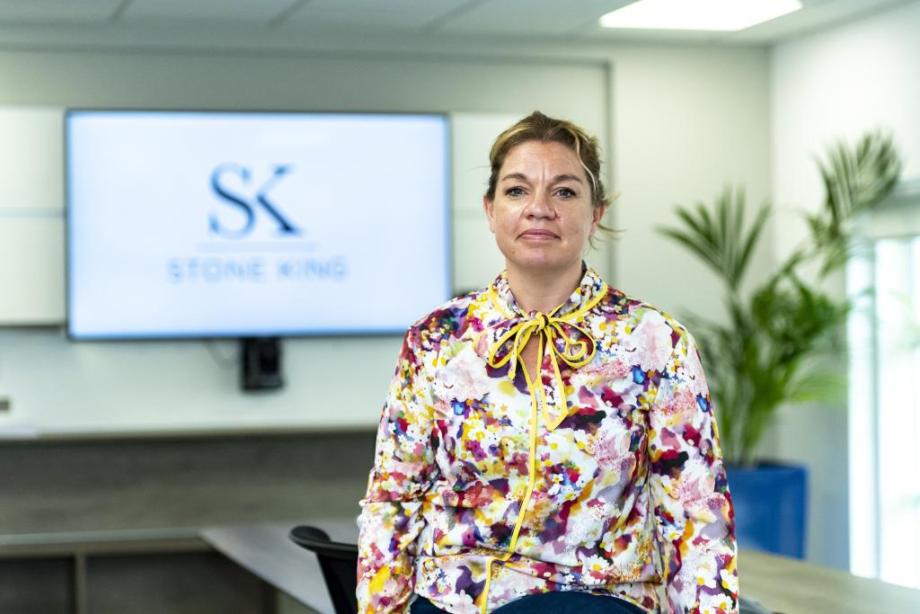The reality is much closer to home and Stone King’s Head of Faith Sector, Julie Moktadir, will be discussing this issue at the forthcoming Catholic Charity Conference on 1 May.
What is modern slavery?
Modern slavery is the term given to forced or compulsory labour and/or servitude. Among other human rights violations, it encompasses human trafficking – the unlawful act of deceiving or coercing an individual into a situation in which they can be exploited. For the victims, it means a loss of freedom so that others may gain.
Within the UK, it is a common misconception that UK nationals cannot be victims of modern slavery, or that those who reject offers of help forfeit their victimhood. There could be a multitude of reasons why an individual may not feel able to accept help, such as fear of what may happen if their oppressors find out; this does not make them any less of a victim.
Who might become a victim of modern slavery?
Unfortunately, it is the most vulnerable in society who are at the highest risk of becoming victims of modern slavery.
Because of this, certain organisations are more likely to encounter victims than others. These include, but are not limited to, organisations that work with homeless people, such as day shelters, soup kitchens, outreach or drop-in services; counselling and housing services may also come across victims, as well as organisations that work with migrants or asylum seekers.
How to spot the signs of modern slavery
Victims of modern slavery are victims of coercion, and are therefore unlikely to ask for help of their own accord. It is therefore important to be aware of the signs that modern slavery is at work, so that appropriate help can be offered.
As above, the unfortunate reality is that vulnerable individuals, such as those struggling with debt or drug addiction, or those without immigration status, are particularly at risk. For example, in the latter case a company may offer work to those without legal permission to stay in the UK, then underpay them and treat them badly because of the lack of regulation in illegal arrangements like this.
Signs to look out for in victims are work-related injuries, worsening of health and any pre-existing medical conditions, anxiety, depression, or an inability to regulate emotions. There are also behavioural indicators, such as working excessive over-time, fear of the authorities or seeming to have few belongings.
There are also red flags that can indicate whether an organisation is engaging in modern slavery. Extremely low fees that undercut the market are a big warning sign – if something seems too good to be true, it probably is. Workers may also be unaware of their statutory rights, and it’s suspicious if multiple employees are registered as living at the same address, as shared occupancy (especially of a property too small to house as many people as are registered living there) could be a sign of exploitation.
When choosing organisations to partner with or invest in, it is important to be alert to these red flags and uphold a commitment to responsible investing.
Conclusion
The harsh reality is that modern slavery may look very different to the transatlantic slave trade, but it is very real and very present. Knowing this and equipping ourselves with the knowledge that will help us identify both perpetrators and victims of modern slavery will help fight this insidious crime.
To find out more, get in touch with Julie Moktadir, Head of Stone King’s Immigration Team and Faith Sector.
This year, the theme of the Catholic Charity Conference is 'The climate crisis, sustainable development, and ESG – the Catholic response', and it takes place at Church House, Conference Centre, Westminster. Other speakers include representatives from the Roman Catholic Diocese of Westminster, Action for Sustainable Development, the Diocese of Salford, CCLA, Rathbone Greenbank Investments, Sarasin & Partners, Newton Investment Management, and our co-hosts, haysmacintyre.
Stone King specialises in the sectors Business & Social Enterprise, Charity, Education, Faith and Private Client. Its Cambridge office is at Bateman House, Hills Road. Stone King also has offices in Bath, Birmingham, Leeds, London and Manchester.



